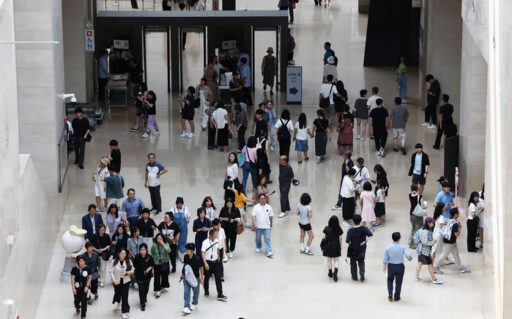Controversy Over Large Supermarkets' Mandatory Closed Days: Conflict Between Protecting Small Businesses and Consumer Convenience
As the political and retail sectors engage in heated debate over legislation designating mandatory closed days for large supermarkets as public holidays, concerns are also being voiced on President Lee Jae-myung's fan cafe 'Jaemyeong's Village.'
Since the launch of the 22nd National Assembly, the Democratic Party has introduced regulation-centered bills, including the designation of mandatory closed days for large supermarkets as public holidays, while the People Power Party has proposed bills aimed at easing the regulations on mandatory closed days.
At the center of this controversy is Democratic Party member Oh Se-hee. As the chairperson of the Democratic Party's National Small Business Committee, Oh introduced a bill amending the Distribution Industry Development Act in September of last year, advocating for the designation of mandatory closed days for large supermarkets as public holidays.
In an interview with a media outlet on the 9th, he sparked controversy by stating, "Our party will process the bill to allow large supermarkets to only close on statutory public holidays."
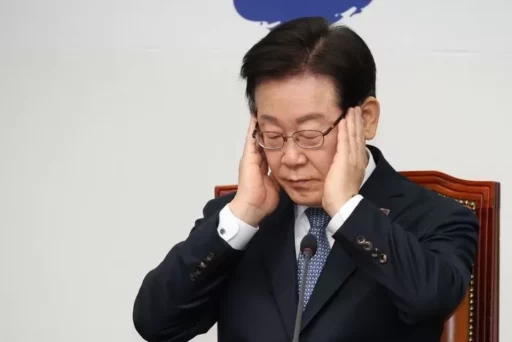
Currently, most large supermarkets operate with biweekly Sunday closures. Oh’s team argues that the need for improvement arises from instances where some local government heads have withdrawn designations of mandatory closed days for large supermarkets.
Criticism of this bill has emerged not only from the opposition People Power Party but also within the Democratic Party. Lawmaker Jeon Yong-gi pointed out, "For dual-income couples, single-person households, and working consumers who find it difficult to shop on weekdays, public holidays are essential shopping times."
Similarly, fellow party member Jang Cheol-min criticized, "It’s really tough to take children to traditional markets as restrooms are far away and there are no carts. We need to objectively assess whether enough residents are benefiting from the (mandatory closed day designation) system to endure such inconveniences."
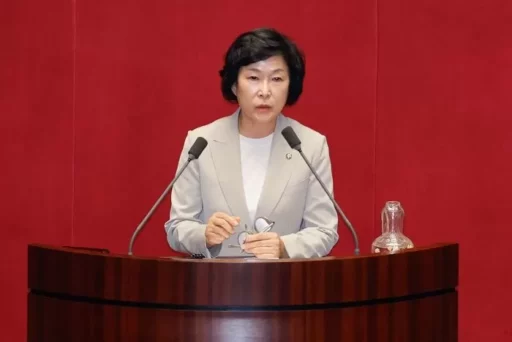
In Lee Jae-myung's fan cafe 'Jaemyeong's Village', critical responses have emerged, such as "Are people going to traditional markets just because supermarkets close?", "Working people often shop on weekends," and "I hope a practical approach is taken."
In response, Oh Se-hee argued on Facebook on the 11th, “I cannot agree with opinions that misrepresent excessive interpretations and highlight specific positions implying that small businesses disregard public convenience,” stating, “It is inappropriate to excessively interpret and steer the direction of the bill’s review solely towards one side when the bill's review has not even begun.”
While it is true that Democratic Party lawmakers have proposed bills clearly indicating regulatory enhancements, they have not yet been finalized as party policy or discussed in detail in committees. However, the retail industry remains vigilant for the possibility of increased regulations under the new government.
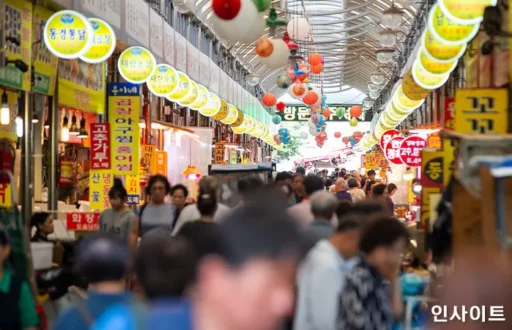
People Power Party member Na Kyung-won stated, "If supermarket doors close, the public will turn to online shopping malls instead of traditional markets," asserting, "Mandatory closures for large supermarkets will ultimately benefit companies like Coupang and Baedal Minjok."
Meanwhile, the proportion of self-employed individuals among the total employed population fell below 20% for the first time in history last year.
In a report in May, the Bank of Korea characterized the high proportion of elderly self-employed individuals in South Korea as a "significant risk factor not only for financial stability but also for economic growth," suggesting structural responses such as promoting large-scale services and enhancing matching between local businesses and elderly retirees.
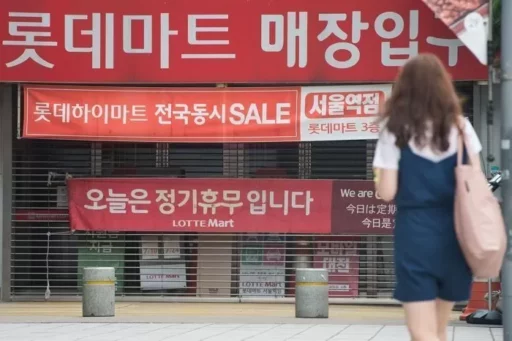
Image sources: President Lee Jae-myung / News1, Democratic Party member Oh Se-hee / News1, illustrative materials for article comprehension / Photo = Insight, illustrative materials for article comprehension / News1

![[Breaking News] Jeong Cheong-rae elected as new leader of the Democratic Party… First ruling party head under Lee Jae-myung’s government](https://wordkorean.com/wp-content/uploads/2025/08/thumbnail-25.jpg)
